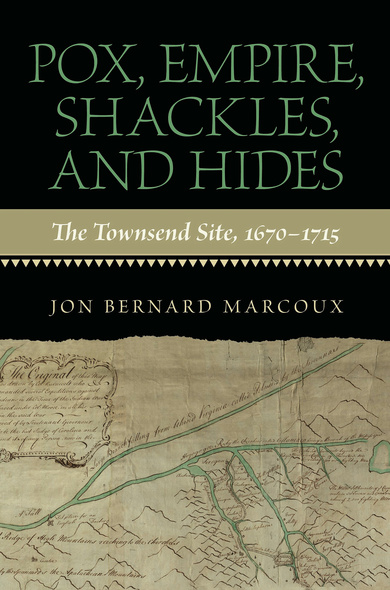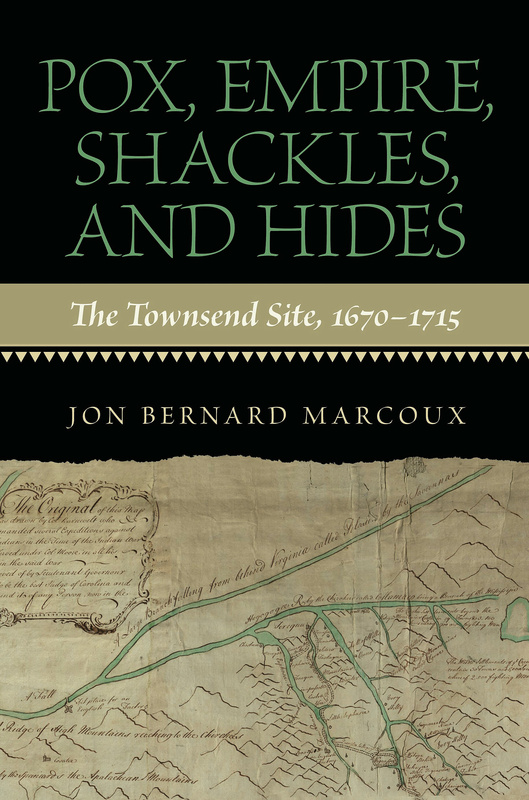
192 pages, 6 1/8 x 9 1/4
31 Illustrations
Paperback
Release Date:31 Oct 2010
ISBN:9780817356286
Pox, Empire, Shackles, and Hides
The Townsend Site, 1670-1715
University of Alabama Press
Examines issues of culture contact and social identity by exploring how the late-seventeenth and early-eighteenth centuries played out in the daily lives of Cherokee households, especially those excavated at the Townsend site in eastern Tennessee
The late-seventeenth and early-eighteenth centuries were an extremely turbulent time for southeastern American Indian groups. Indeed, between the founding of the Charles Town colony along the south Atlantic coast in 1670 and the outbreak of the Yamasee War in 1715, disease, warfare, and massive population displacements dramatically altered the social, political, and economic landscape of the entire region. This volume examines issues of culture contact and social identity by exploring how this chaotic period played out in the daily lives of Cherokee households, especially those excavated at the Townsend site in eastern Tennessee.Marcoux studies the material remains of daily life in order to identify the strategies that households enacted while adapting to the social, political, and economic disruptions associated with European contact. The author focuses on households as the basic units of analysis because these represent the most fundamental and pervasive unit of economic and social production in the archaeological record. His investigations show how the daily lives of Cherokee households changed dramatically as they coped with the shifting social, political, and economic currents of the times. He demonstrates that the community excavated at the Townsend site was formed by immigrant households who came together from geographically disparate and ethnically distinct Cherokee settlements as a way to ameliorate population losses. He also explores changes in community and household patterning, showing how the spatial organization of the Townsend community became less formal and how households became more transient compared to communities predating contact with Europeans. From this evidence, Marcoux concludes that these changes reflect a broader strategic shift to a more flexible lifestyle that would have aided Cherokee households in negotiating the social, political, and economic uncertainty of the period.
A fresh look at Cherokee studies and a very thorough presentation of the Townsend site data.’
—Dan F. Morse, Arkansas Archeological Survey (retired) and coauthor of Archaeology of the Central Mississippi Valley
Jon Bernard Marcoux is Senior Archaeologist at Brockington and Associates in Charleston, South Carolina.




